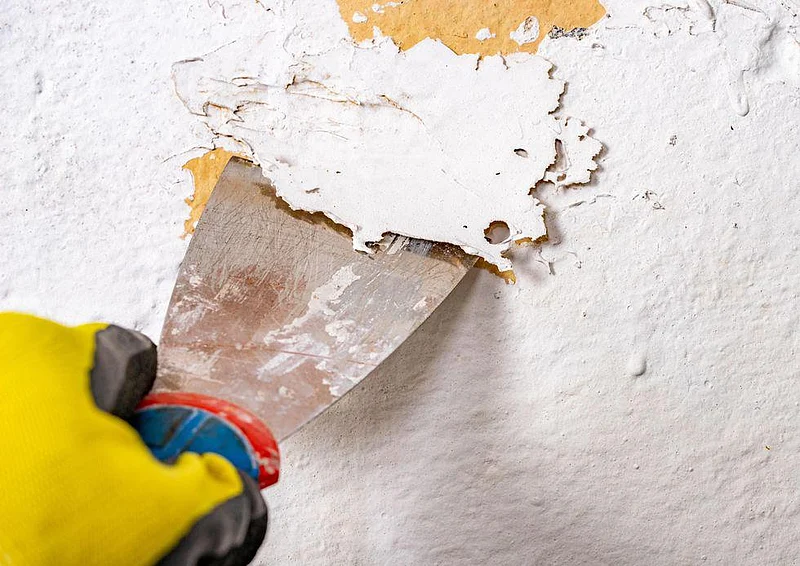Recursos del Paciente
Manténgase sano!
Resultados de su búsqueda "Learning Disabilities: Misc.".
Resultados de noticias de salud - 11
Educational Video Game Helps Kids Learn Science, Study Finds
- I. Edwards HealthDay Reporter
- December 8, 2025
- Página completa
Video games often have a bad reputation as being a distraction, but a new study suggests they may help kids build important science skills.
University of Georgia researchers created an educational video game that helps elementary school students learn about the human bod...
EPA Awards $58 Million to Help Schools, Daycare Centers Remove Lead From Drinking Water
- HealthDay Reporter
- Steven Reinberg
- July 25, 2023
- Página completa
The Biden administration on Monday awarded $58 million in grants to help schools and daycare centers remove lead from drinking water.
The announcement came during an event in Boston.
"I am excited to join local leaders in Boston to announce $58 million...
Nearly 1 in 10 U.S. Children Has a Developmental Disability: CDC
- HealthDay Reporter
- Cara Murez
- July 13, 2023
- Página completa
More kids in the United States are getting a developmental disability diagnosis, with prevalence close to 9% in 2021, the U.S. Centers for Disease Control and Prevention reports.
Among 3- to 17-year-olds, 8.56% have ever been diagnosed with a developmental disability, co...
New Treatment Could Be Safer Way to Fight Brain Tumors in Kids
- HealthDay Reporter
- Denise Mann
- April 25, 2023
- Página completa
Each year, about 140 kids in the United States are diagnosed with a craniopharyngioma, a typically non-cancerous brain tumor that develops near the pituitary gland at the base of the brain.
Doctors treat craniopharyngiomas with surgery to remove the entire tumor or a les...
Growing Up With Lead in Drinking Water May Dull Brain in Old Age
- HealthDay Reporter
- Amy Norton
- November 10, 2022
- Página completa
Lead is known to damage young children's brains, and a new study suggests the effects may still be apparent in old age.
Researchers found that among nearly 1,100 older U.S. adults, those who grew up in cities with lead-contaminated drinking water generally scored worse o...
Nap at Preschool May Boost Tots' Learning
- HealthDay Reporter
- Cara Murez
- March 30, 2022
- Página completa
Many parents of preschoolers insist that naps are essential to recharge their little ones during the day and improve their mood.
Turns out that daytime shut-eye may also boost early literacy skills.
Many Parents Worry That Kids Fell Behind in Schooling During Pandemic
- HealthDay Reporter
- Robert Preidt
- October 20, 2021
- Página completa
It is a fear that millions of parents have been harboring since the pandemic began: Will their children fall behind in school due to disruptions caused by lockdowns, closings and social distancing?
A new U.S. poll finds that fear is widespread, with just over half of mor...
'6 Stages' Approach Might Help Families Coping With ADHD
- HealthDay Reporter
- Robert Preidt
- October 20, 2021
- Página completa
Researchers have created a six-stage process to help families of children with attention deficit hyperactivity disorder (ADHD) deal with the disorder.
"This framework is family-centered, focused on breaking down the barriers that families face from before diagnosis to pr...
Most Kids Newly Diagnosed With ADHD Aren't Getting Best Care
- HealthDay Reporter
- Dennis Thompson
- October 19, 2021
- Página completa
Preschoolers with attention deficit hyperactivity disorder (ADHD) rarely receive the gold-standard treatment recommended by the American Academy of Pediatrics (AAP) for their condition, a new study reports.
The AAP recommends a behavioral therapy technique called "paren...
A Simple Way to Boost Kids' Reading Skills?
- HealthDay Reporter
- Amy Norton
- October 1, 2021
- Página completa
A small fix might make reading a bit easier for kids with dyslexia, as well as their classmates: Increasing the amount of space between printed letters.
Over Half of American Children Have Detectable Lead Levels in Their Blood
- HealthDay Reporter
- Steven Reinberg
- September 27, 2021
- Página completa
More than 50% of American children have detectable blood lead levels, a new study reveals. And young children who live in places with lots of pre-1950s housing and low incomes have the greatest risk.
"Public health authorities have worked commendably to reduce lead expos...











